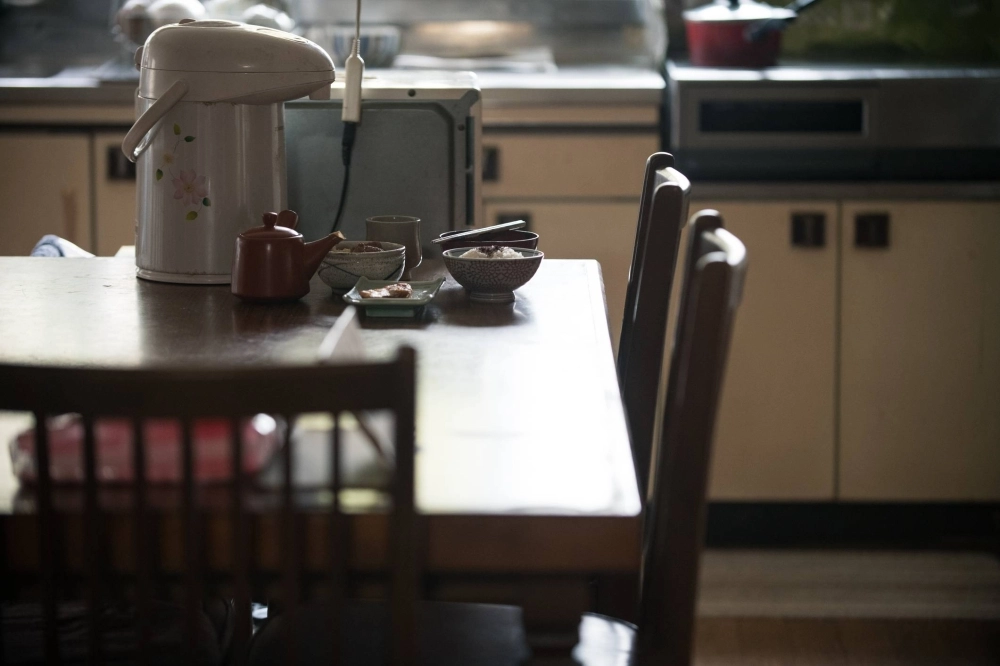Banana Yoshimoto burst onto the Japanese literary scene in 1987 with her mega-hit novel, “キッチン” (Kitchin, Kitchen). It was so explosively popular that literary critics actually started to think that Yoshimoto had launched Japan into a whole new era of literature. Megan Backus’ 1993 English translation was well-received, and a generation of English-language readers have gobbled up Yoshimoto’s novels in translation with the same voracious appetite of book lovers here in Japan.
Inevitably, there are many differences between the 原作 (gensaku, original) and 翻訳 (honyaku, translation). The protagonist, Mikage, whose Japanese voice is lyrical but straightforward, speaks in more complicated, sophisticated sentences in English, for one. There are also plenty of little features in the Japanese text, such as Yoshimoto’s unusual use of punctuation and 和製英語 (wasei-eigo, English words rendered in katakana) that didn’t make it into the English translation. Given that Yoshimoto’s style isn’t particularly complex, this novel is a great place to start reading 日本文学 (nihon bungaku, Japanese literature) in Japanese.
Reading Japanese 小説 (shōsetsu, novels) not only provides excellent vocabulary and grammar practice but it also throws a reader straight into the most poetic and profound depths of the country’s culture. So let’s take a look at how to read the opening sentences of “キッチン,” breaking down the more unusual and interesting aspects of the text along the way. (Note: The English provided after the text is not Backus’ translation. I used a literal translation to best follow Yoshimoto’s specific sentence structures as they appear in Japanese.)



















With your current subscription plan you can comment on stories. However, before writing your first comment, please create a display name in the Profile section of your subscriber account page.